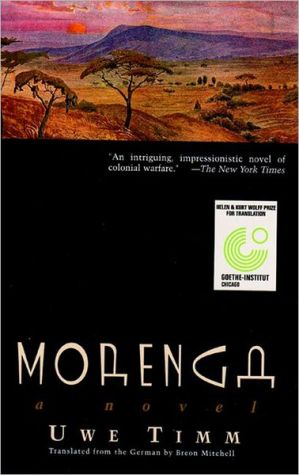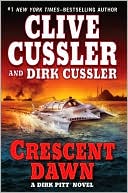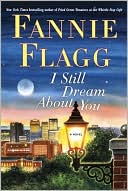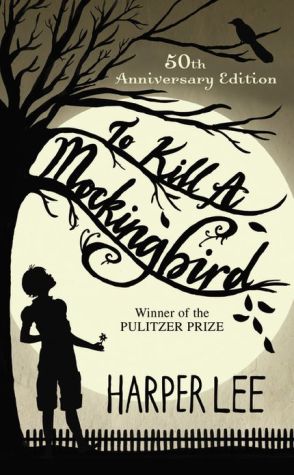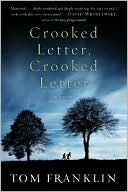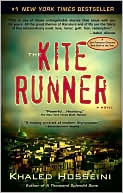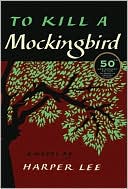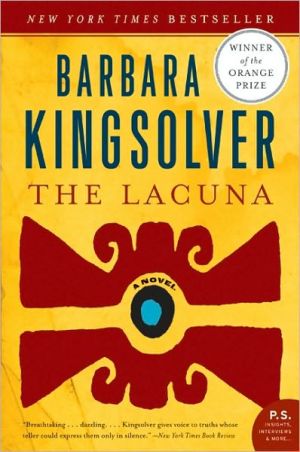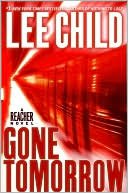Morenga
Morenga engages the mind on many levels - historical, political, philosophical, human. Set in German West South Africa in the first decade of the twentieth century, the novel recounts the conflict between the colonial German empire and the rebellious Africans of the Hottentot and Herero tribes led by the legendary Morenga. A daring and brilliant military tactician referred to as the "Herero Bastard," he was fluent in several languages and by all reports a man of compassion, intelligence, and...
Search in google:
Morenga engages the mind on many levels - historical, political, philosophical, human. Set in German West South Africa in the first decade of the twentieth century, the novel recounts the conflict between the colonial German empire and the rebellious Africans of the Hottentot and Herero tribes led by the legendary Morenga. A daring and brilliant military tactician referred to as the "Herero Bastard," he was fluent in several languages and by all reports a man of compassion, intelligence, and integrity determined to lead his people towards freedom.Morenga is a fascinating story and Timm tells it with an ingenious mix of fact and fiction. Central to the narrative is Gottschalk, an engaging fictional military veterinarian who keeps a diary which blends excerpts from actual historic sources with gripping accounts of everyday life and military excursions. The parallels between events of Germany's colonial period and the undertakings of the soon to arrive Third Reich (with its expansion of the themes of racial inferiority and the untermensch) are drawn with a brilliant subtlety. Morenga is an intriguing novel of scope and significance and it has been well served by Breon Mitchell's fine translation.New YorkerAn extraordinary storyteller.
\ Bondo WyszpolskiIf you care about fine literature,Uwe Timm is someone you should read.\ \ \ \ \ New YorkerAn extraordinary storyteller.\ \ \ The New York TimesThis book, then, is of the type of historical novel that floats between pegged, official history and the looser, associative patterns of fiction. Timm plainly doesn't feel that he has to make entirely clear what is true and what is not. Such an approach seems appropriate when it's impossible to make sense of the world in an assured, confident fashion, to turn it into narrative in which everything is cut and dried. What makes Morenga particularly interesting is the fact that its main character, Gottschalk, a German military veterinarian, suffers the same kind of epistemological difficulties as an author faced with dramatizing state-sanctioned barbarity: ''That really isn't an execution, Gottschalk said to himself, having always imagined that the prisoner had to be bound to a stake, or at least stood up against a wall.'' — Giles Fodden\ \ \ \ \ Publishers WeeklyThis historical novel by Timm (Headhunter), first published in Germany in 1978, is an oddly fragmented montage that offers a compelling view of the title figure, a charismatic black South-West African who led the Hottentot and Herero uprising against the Germans after the Boer War. The initial protagonist is a fictional German military veterinarian named Gottschalk, who arrives in German-occupied South-West Africa in October 1904. The early chapters concern the mysterious fate of a colleague who disappears from Gottschalk's unit. From there, Timm turns to the uprising itself, his depiction of Morenga's role broken up by snapshots of secondary characters. Especially memorable are a demented trader named Klugge and a gadget-obsessed engineer named Treptow. Their adventures eventually reach a narrative dead end, though there are moments of suspense and subtle humor ("It would be years... before [Klugge] would earn the necessary capital for his more grandiose plans. This was due in part to the poverty of the population, but also to a certain characteristic tightfistedness and a corresponding cleverness in which Klugge felt he recognized something Jewish, which was not so surprising, since after all the Hottentots were Semitic in origin, as a Swedish professor... had explained to him"). The prismatic view of many ethnic, factional and moral conflicts illustrate how even supposed allies were divided from one another in this land. Though the parts never quite coalesce, the well-developed historical material and Timm's gifts as a portraitist make this an intriguing and sometimes fascinating read. (Feb. 26) Copyright 2003 Cahners Business Information.\ \ \ \ \ Kirkus ReviewsThe German colonial experience in Africa is the subject of this dense, often fascinating 1983 novel by the German author (Midsummer Night, 1998, etc.). Relations between German colonists and both Herero and Hottentot tribes grow dangerously strained in the former South West Africa (now Namibia) in the early 20th century-and a 34-year-old "Veterinary Lieutenant (i.e., "horse doctor') identified as Gottschalk arrives, with vague hopes of becoming both a helpful and a civilizing influence (". . . at some point there will be eyes in this wilderness reading Goethe, ears listening to Mozart"). Excerpts from Gottschalk's diary express his opposition to genocidal policies carried out in attempts to seize African lands, and are juxtaposed against the tale's semidocumentary materials. These latter include (rather dry) "Battle Reports" describing campaigns led by uncompromising Teutonic commanders General von Trotha and "daredevil" Colonel Deimling, and (much more interesting) "Regional Studies," which retell stories of earlier "conquests" (e.g., the misadventures of the hopeful, hapless English missionary Goth, and the failed entrepreneurial efforts of "energetic" surveyor Treptow). Portrayals of native African heroes (like the eponymous Herero leader and his Hottentot counterpart Witbooi) are elliptical and fragmentary, but succeed nevertheless as components of a syndrome of ironic contrasts between the African peoples and their putative superiors. That contrast is succinctly stated in a scientific report alleging that Hottentot society cannot be civilized, because within it "competition is negated by the principle of mutual aid . . . [as lived by] a human type that devotes all its intelligence .. . to the single goal of living comfortably." The thickness of detail and mastered research are thus efficiently harnessed to Timm's theme: the devastating consequences of collisions between what are conventionally called civilization and primitivism. An intermittently slow read, but an important early work in the career of one of the best living German writers.\ \
